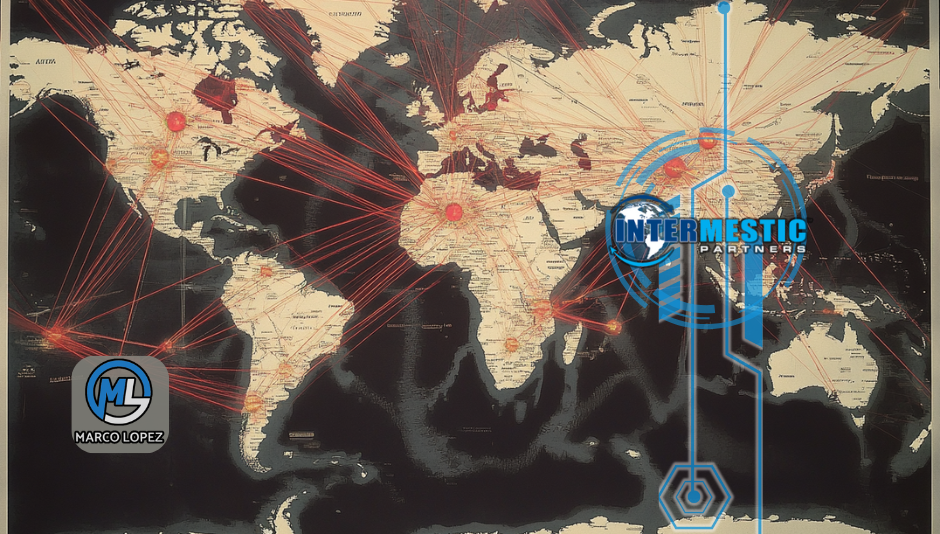Tariffs Aren’t Tough—They’re Costly: Why Trade Wars Don’t Make Us Safer or Richer
- Marco Lopez

- Jun 10, 2025
- 2 min read

Tariffs are often framed as bold defenses of national security and economic strength. But behind the bravado lies a policy that rarely delivers what it promises—and often causes unintended harm.
As former mayor of a border city in Arizona, Director of the Arizona Department of Commerce, and Chief of Staff at U.S. Customs and Border Protection, I’ve worked at the intersection of trade, security, and job creation. Now, as CEO of Intermestic Partners—an international business advisory firm founded in 2011 that specializes in cross-border trade and development—I help companies navigate the very ripple effects tariffs create.
The Political Theater of Tariffs
Tariffs are essentially taxes on imported goods. They’re used to shield domestic industries, but more often they serve as political statements. The Trump-era U.S.-China tariff battle, for example, promised a manufacturing renaissance—but delivered price hikes, retaliatory tariffs, and supply chain stress.
U.S. consumers, not foreign exporters, bore an estimated 92% of the costs from tariffs during the 2018-2019 trade war.
The False Security of Tariffs
While tariffs aim to “protect,” they can:
Trigger retaliatory tariffs, escalating tensions
Spark trade wars that disrupt global markets
Weaken national security by isolating supply chains
History offers cautionary tales—from the Smoot-Hawley Tariff Act worsening the Great Depression, to modern misfires that strain key alliances.
Tariffs Don’t Guarantee Prosperity
Protectionist policies may provide short-term relief to some industries, but long-term damage often follows:
Higher consumer prices
Reduced competitiveness and innovation
Job losses in industries reliant on foreign inputs
Example: Steel tariffs aimed to help American mills, but car manufacturers faced rising costs—leading to downstream layoffs.
The Alternative: Compete, Don’t Retreat
If not tariffs, then what?
🛠 Invest in Domestic Competitiveness
Boost education, R&D, and workforce training
Improve infrastructure to support production and logistics
🤝 Negotiate Fair-Trade Agreements
Remove barriers collaboratively
Ensure reciprocal access to foreign markets
Promote rules-based trade to prevent exploitation
Why Tariffs Keep Coming Back
Tariffs are politically seductive. They sound tough and appeal to voter blocs fearing globalization. But true economic strength comes not from building walls around industries, but from enabling them to thrive globally.
At Intermestic Partners, we work with top national and international companies to build smart, sustainable trade strategies—not reactionary ones.
A Smarter Trade Conversation
We need less posturing and more pragmatism. Tariffs may be simple to announce, but their impacts are complex—and costly.
Let’s rethink what economic strength really looks like.
Partner with Intermestic Partners to develop future-proof strategies that balance competitiveness, resilience, and diplomacy in a connected world.
.png)




This article presents a compelling analysis of how tariffs often backfire economically, hurting local industries more than protecting them. The point about long-term economic isolation leading to inefficiencies really hits home. In today’s globally connected world, smarter strategies are needed for growth, not barriers. Speaking of smart digital growth, platforms like laser247 are reshaping how users engage with online experiences, offering innovative solutions in the tech and entertainment sectors. Just as trade should evolve beyond outdated models, digital platforms are leading the way with seamless, user-driven features.